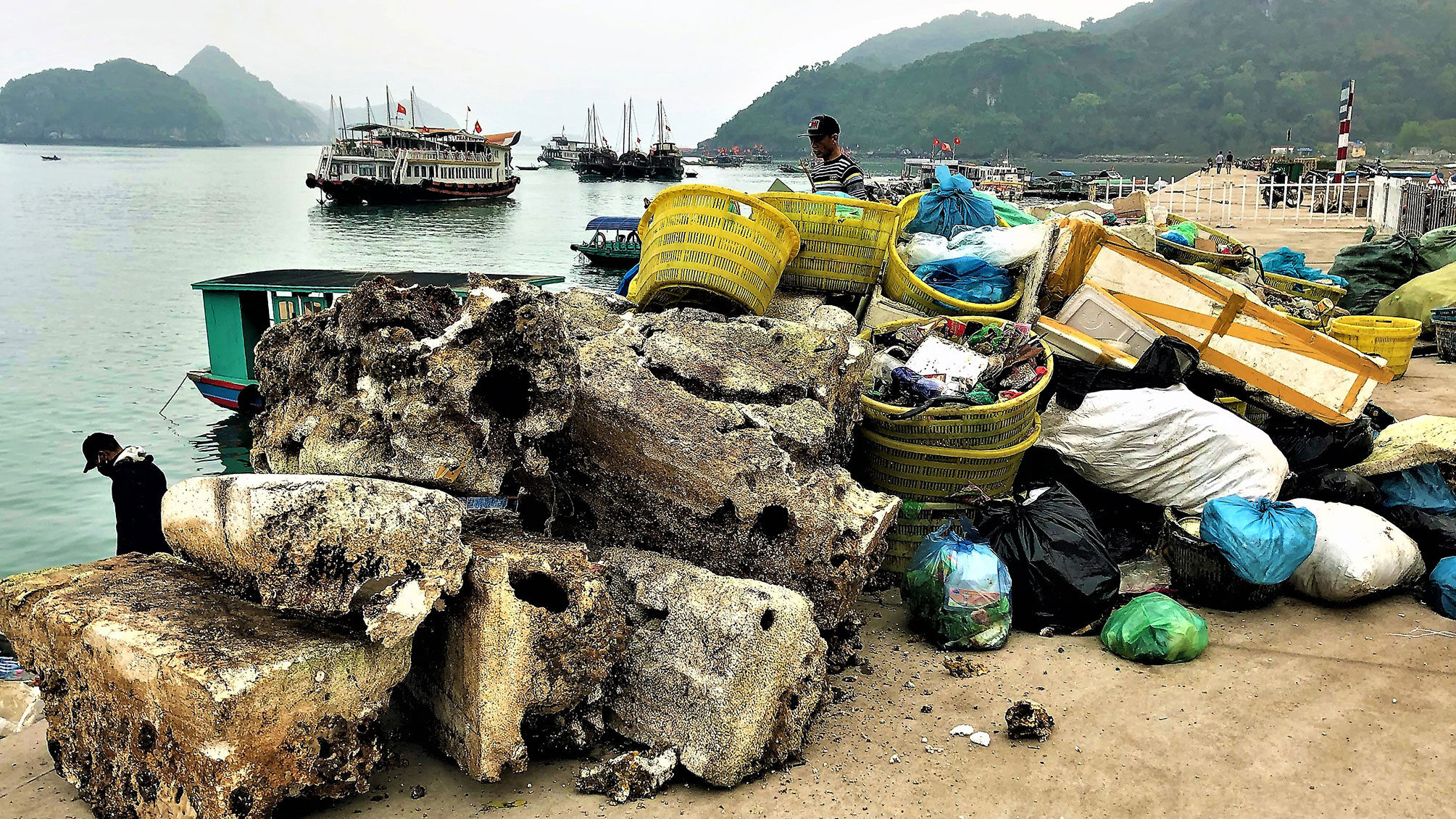Our collective lack of action has led to the global plastic waste situation to become quite dangerous and the problem getting out of hand. Plastic pollution is a common scenario. Our oceans are already overloaded with plastic particles, and so are many cities, riverine run-off systems and shorelines and lakes. The fact that plastic pollution has reached such a massive scale it is not only questionable, it is rather shameful. Litter along highways has become a common picture: waste disposal behaviour has visibly deteriorated, people throwing their garbage on the streets. Many beaches, many streets, numerous rivers are loaded with dirt. This is a widespread global issue, with relatively small differences in time and space – we have to act locally in order to generate the desired results globally: keeping the balance. We have to act now, because we should have acted a long time ago, and we did not.
We have to unleash human ingenuity to clean up the mess.
Whether we look at waste production from a societal, from an environmental, or even from a religious point of view, being wasteful contributes to disturbing the balance, and we must avoid that under all circumstances. We have to keep the balance of the fragile ecosystems of Planet Earth, which has already been tilted to an alarming degree. Initially, pollution in general might have been confined to industrialized places, however, by now, it has reached most, if not all places on our planet. The pollution of air, water, soils and biota has become an issue of major international significance and concern, and it goes along with the over-production of different types of waste.
Unfortunately, there is no easy fix, and if there was one, it would have already been fixed.
Even though there is a number of good individual activities, it is clear that the situation is rapidly worsening. A comprehensive inter-disciplinary approach is absolutely essential in order to generate meaningful, measurable and widespread impact. The issue is not new, and awareness raising and school-class clean-up-campaigns are no longer enough. We need to mobilise the youth, raise awareness, enhance environmental education, and turn to action. We need to involve Government authorities to adjust policies and practices, and the private sector to support professional actions to clean up the mess.
There is plenty of waste management related ideas that can be pursued. The internet provides a lot of useful data and statistics, necessary for understanding the scope and dimension of pollution based on waste products, and the complexity and threat for our common environment, urban and natural, terrestrial, coastal, and marine. Let us identify, test, select and multiply good plastic-waste-management practices.
We have to keep the balance, and that requires the participation of all of us.


